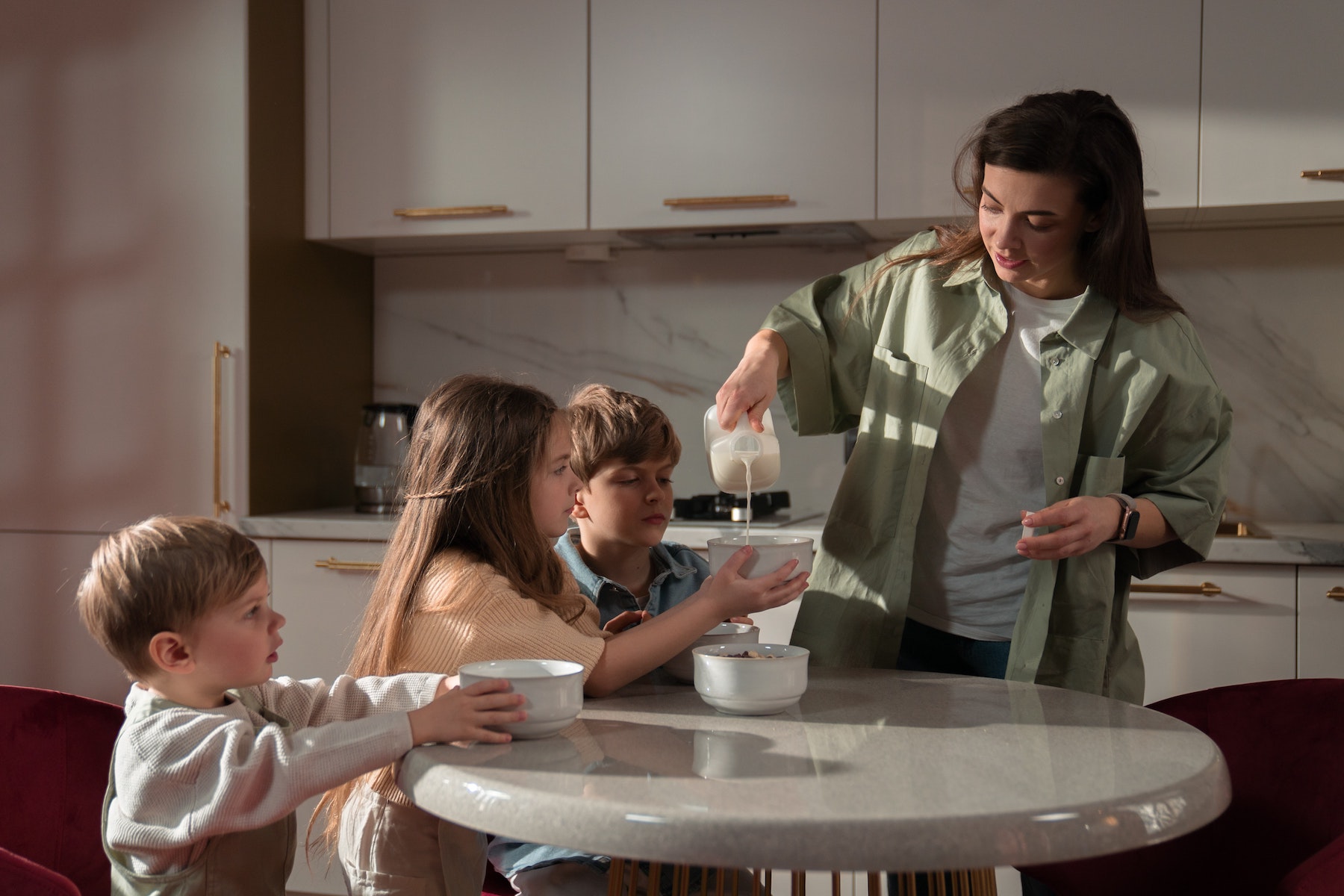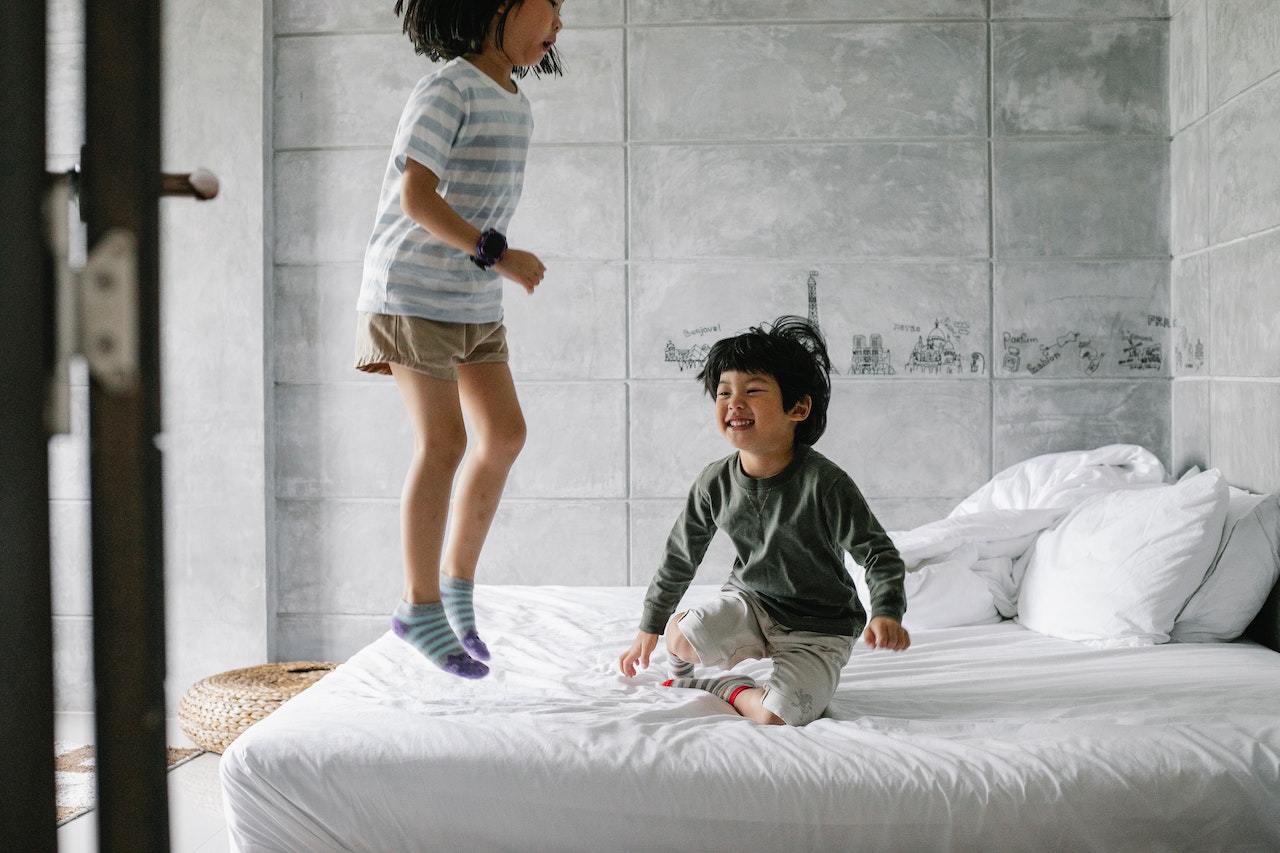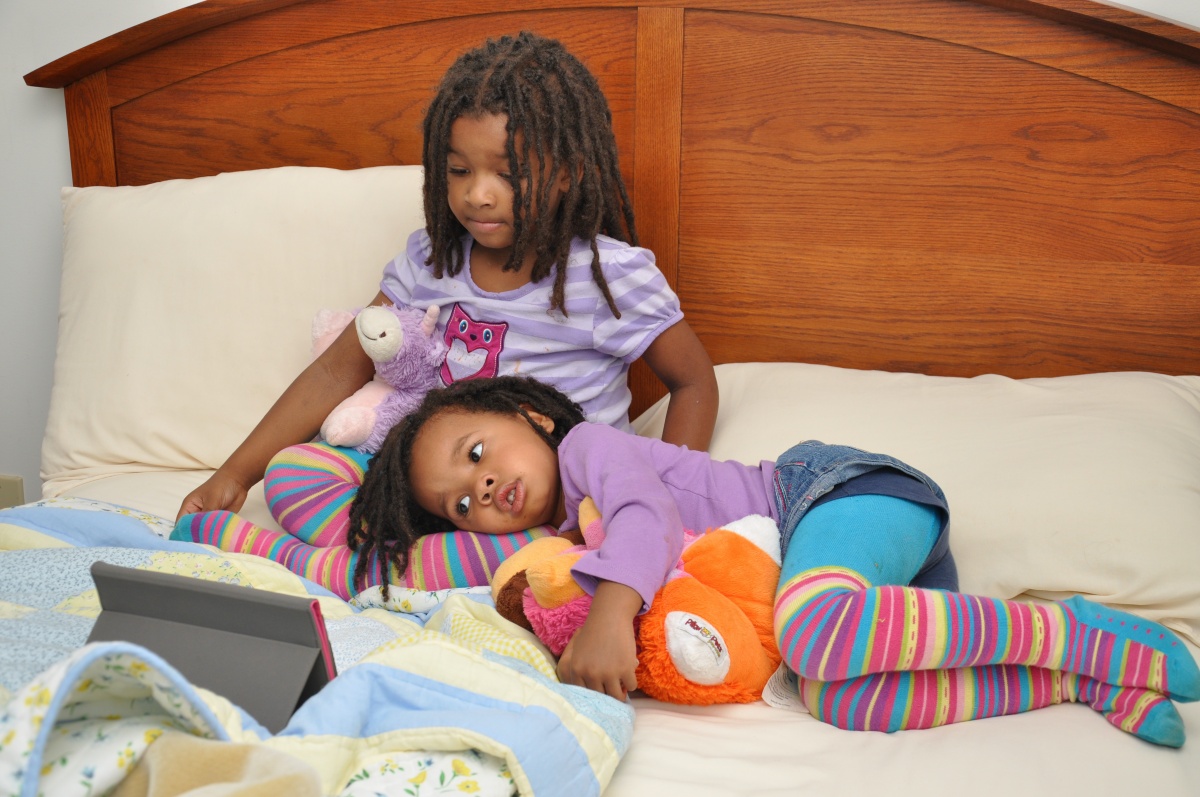
Last week, we celebrated my son’s 11th birthday. When my children were toddlers and preschoolers, I discovered the very real truth that it’s easier to celebrate one child’s birthday when all the children have something to do. And that was the catalyst for the Birthday Brother Tradition, whereupon the one with the unbirthday gets to open a present. (Or four.)
As my younger son opened a gift from my mom, he tore away the paper at the corner of the package to reveal a Lego project. And to my great horror, he said, “Yes! That’s what I was expecting!” Expecting? Hold up, cowboy. We’ve got some training to do.
It’s possible that this was just a mistake. Perhaps he meant to say, “Oh, dearest Grandma, thank you from the bottom of my heart. This is the treasure I was deeply hoping for, though of course I recognize that it’s my brother’s birthday and not my own, so all of this is a completely unexpected bonus for me.” But I know my kid. He had been expecting.
How ironic that the Parent Cue blog had just asked me to write an article on “How to Avoid Raising Entitled Children.” Oh, the timing of it all. Sometimes I accept a writing assignment with the awareness that I have a few things to say on the topic; this time, I accepted with the humbling awareness that I have a few things to learn.
I started reading Cleaning House: A Mom’s 12-Month Experiment to Rid Her Home of Youth Entitlement. And I was just a chapter in when I felt compelled to copy the words of author Kay Wills Wyma and openly confess: “Hello, my name is Tricia. And I’m a recovering enabler.”
It’s not that I mean for my kids to be entitled, and it’s certainly not that I ever meant to become an enabler. It’s just that it feels easier to do their laundry than it is to teach them how. It’s just that his fourth-grade term paper took so long for him to write and we were getting past bedtime, so it was just easier on all of us if I typed it for him. And it’s just that mornings go ever so much more smoothly if I am their alarm clock. And their snooze button. Repeatedly.
In Kay’s book, she says that an administrator once told her it wasn’t all the stuff today’s kids have that is spoiling their sense of entitlement and empowerment—it’s their moms. “Moms who hover. Moms who step in to fix problems. Moms who coddle. Moms who do not allow their children to suffer the natural consequences of their actions.” Ouch. That was more than a little painful to read. Suddenly, I felt irreversibly and terribly on my way to having a grown son living in my basement, eating Doritos out of the bag whilst trolling dating websites in his underwear.
As I’m reading Kay’s book, I’m learning how we, with the best intentions and all the love in the world, are telling our kids, “I’ll do it for you because you can’t,” or “No sense in your trying because I can do it better and faster.” Those messages are the direct opposite of what I want my children to learn from me. I want them to learn the truth: that with hard work, perseverance, training, and discipline, they are quite capable of doing great things all by their very own selves.
Kay says, “This realization convinced me of the need to redefine my parenting approach. Instead of communicating, ‘I love you, so let me make life easy for you,’ I decided that my message needed to be something along these lines: ‘I love you. I believe in you. I know what you’re capable of. So I’m going to make you work.” Her book outlines her 12-month experiment of reversing the course of entitlement by conquering one major life skill per month. These skills included making beds and conquering clutter, letting the kids cook (including groceries, prep, and cleanup!) one night a week, doing boring-but-necessary tasks inside their home, getting a job outside their home, running errands, and throwing parties. She makes it seem almost attainable, this daunting task of raising kids who can be adults.
Since I’m brand new at this, and since it’s easier for me to write a book report than it is to implement the practices in it, I need tangible steps and I’m starting small. I’m beginning with this question: What are the most important skills my children need before they leave home? My list includes how to cook a meal, how to clean a bathroom, how to practice hospitality by hosting a party, how (and why!) to write thank-you notes, how to plan a budget, how to wrap a gift, and how to listen well.
In the same way that we make our summer bucket list on the last day of school, we’re going to work together to make a checklist of things I need to know they know before I release them into the world. Instead of a timeline that spans a summer, it’s okay with me if it takes us a little longer to finish; say, maybe a decade.
The truth is that children need to learn personal responsibility, and I may need to get out of their way by doing less and empowering more. The only way to conquer youth entitlement is one house at a time . . . and perhaps one mom at a time.
What’s on your list of important things you want your kids to start doing before they leave home?




